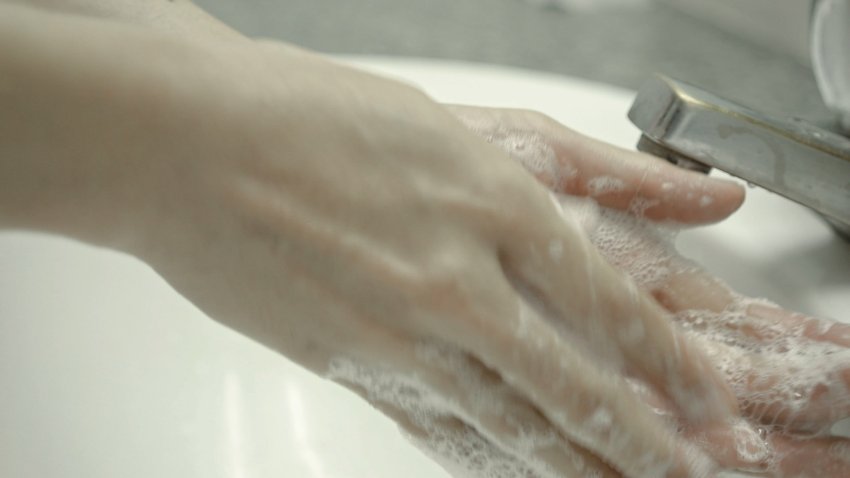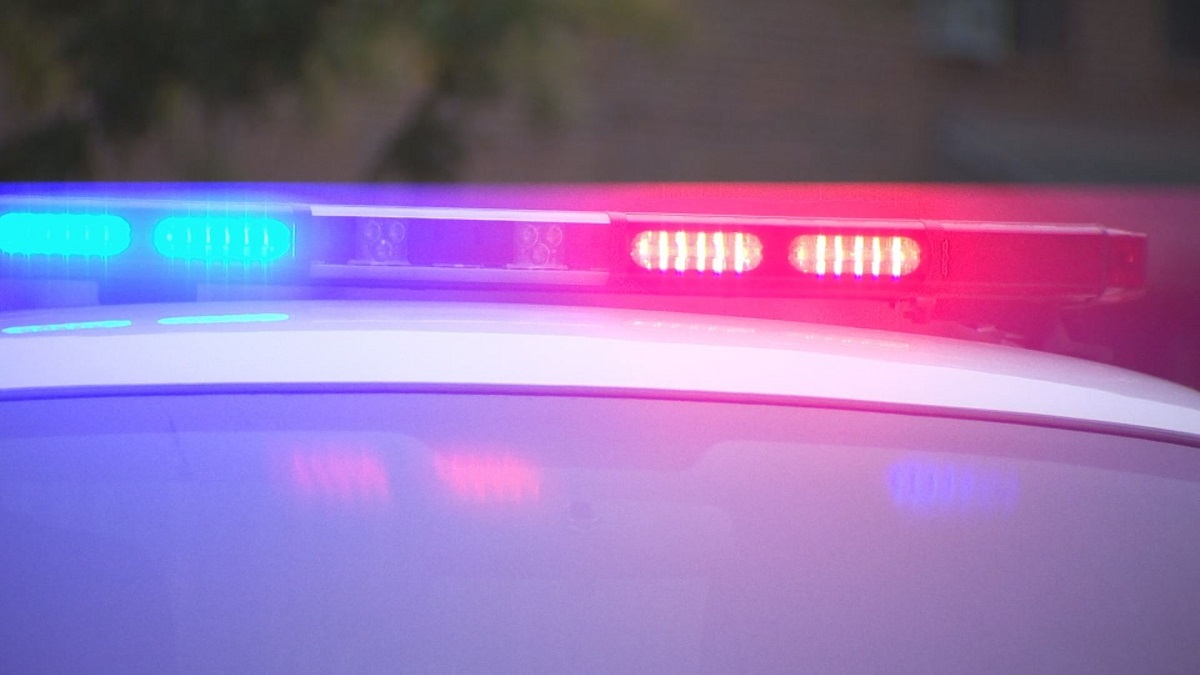Some colleges are suspending classes and moving classes online to help stop the spread of coronavirus.
Central Connecticut State University is moving all classes online after spring break amid coronavirus concerns.
School officials said all classes will be moved to an online-only format until at least April 5.
Residence halls will be closed from Friday, March 13 at 4 p.m. until Sunday, April 5 at 3 p.m. Residence Life is finalizing new accommodations for students who had planned to remain in the residence halls during spring break, according to the school.
All resident students are urged to take home materials that are necessary for classes, including books and laptops. Any student who does not have a home computer, laptop or mobile phone is asked to reach out to the school by sending an email to covidupdate@ccsu.edu for help.
Any student who has off-campus clinics, internships or other experiential activities may continue to attend them if the facility remains open, according to the school.
For student athletes, all games, meets and practices are canceled until at least April 6.
All campus events, regardless of size, that are scheduled between March 14 and April 5 are canceled. That also includes any event sponsored by external clients, the school said.
According to the school, the following facilities are closed to the public beginning March 14 through April 5:
- Student Center
- Huang Recreation Center
- Burritt Library
- CCSU ESports Center
- Dining Hals
- Student Technology Center
- Detrick Gymnasium
- Welte Auditorium
For the latest information, you can check CCSU's website here.
Local
Coronavirus Symptoms
The key symptoms of the coronavirus, according to the CDC are:
- Fever
- Cough
- Shortness of breath
Symptoms can appear in infected persons two to 14 days after exposure.
Coronavirus Prevention Steps
Steps for prevention from the CDC include:
- Avoid close contact with people who are sick.
- Avoid touching your eyes, nose, and mouth.
- Stay home when you are sick.
- Cover your cough or sneeze with a tissue, then throw the tissue in the trash.
- Clean and disinfect frequently touched objects and surfaces using a regular household cleaning spray or wipe.
- Cover your mouth and nose with a cloth face cover when around others
- You could spread COVID-19 to others even if you do not feel sick.
- Everyone should wear a cloth face cover when they have to go out in public, such as to the grocery store
- Coverings should not be placed on children under 2, anyone who has trouble breathing or is unconscious, incapacitated or otherwise unable to remove the mask without assistance.
- The face cover is meant to protect other people in case you are infected
- Do NOT use a facemask meant for a health care worker
- Wash your hands often with soap and water for at least 20 seconds, especially after going to the bathroom; before eating; and after blowing your nose, coughing, or sneezing.
- If soap and water are not readily available, use an alcohol-based hand sanitizer with at least 60% alcohol. Always wash hands with soap and water if hands are visibly dirty.

Steps to Self-Monitor for Coronavirus
Steps to self-monitor from the CDC include:
- Take your temperature with a thermometer two times a day and monitor for fever. Also watch for cough or trouble breathing.
- Do not take public transportation, taxis, or ride-shares during the time you are practicing social distancing.
- Avoid crowded places (such as shopping centers and movie theaters) and limit your activities in public.
- Keep your distance from others (about 6 feet or 2 meters).
If you do get sick with a fever, cough or have trouble breathing, call ahead before you go to a doctor’s office or emergency room and communicate with your doctor about your recent travel.
- If you develop symptoms, stay home and avoid contact with others. Do not go to work or school for this 14-day period. Discuss your work situation with your employer before returning to work.
The CDC has a special website set up with details about the coronavirus, including how it spreads and treatment.
Anyone with questions relating to coronavirus can call 2-1-1 or text "CTCOVID" to 898211. The 2-1-1 hotline is available 24 hours a day.
You can also visit the state's coronavirus information website here. Residents are encouraged to check the website for answers to questions before calling the hotline.



